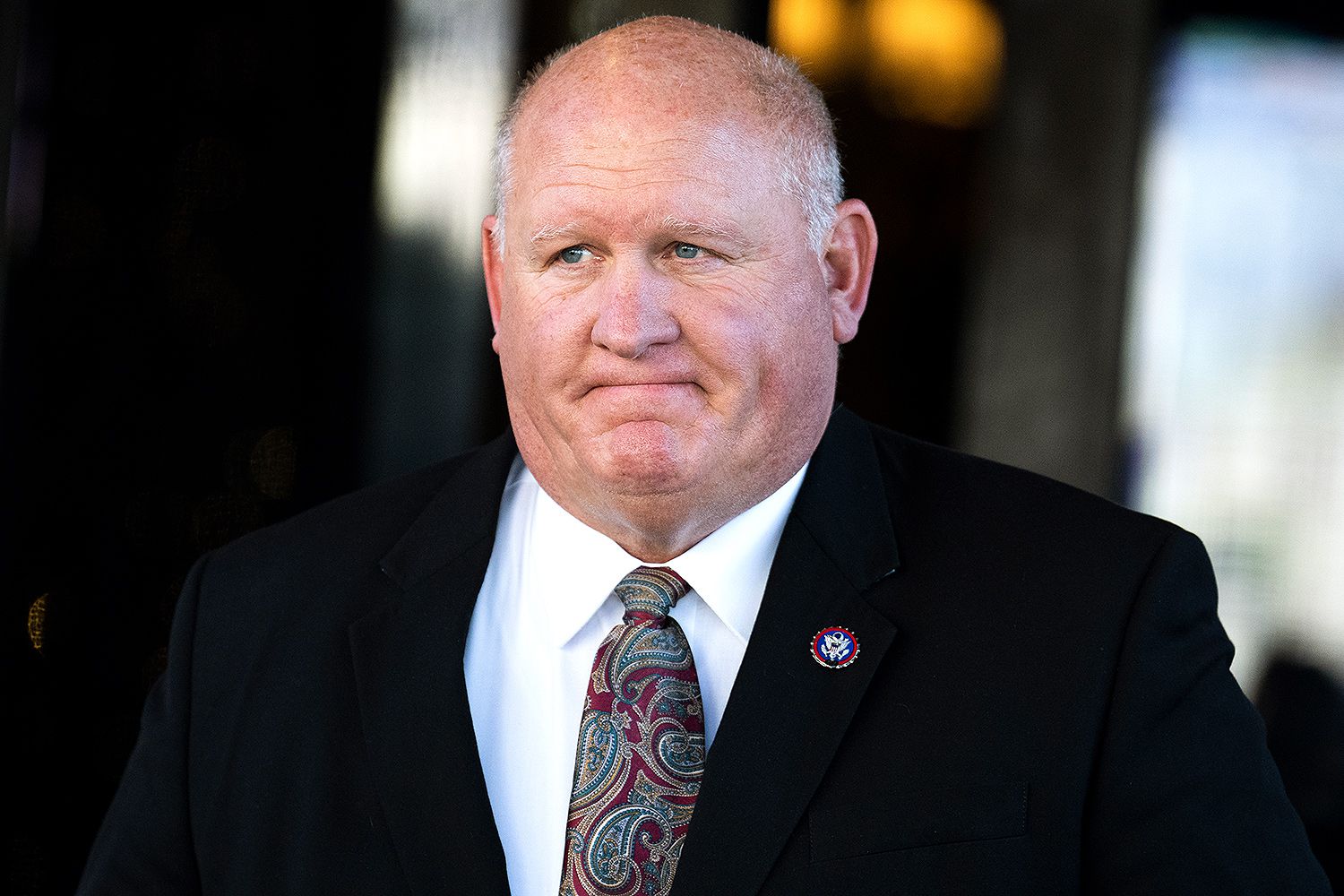/glenn-thompson-Votes-Against-Same-Sex-Marriage-072622-8d64c06e0e2a431887b463c2b569ab40.jpg)
Just days after voting against a House bill that would secure the right to same-sex marriage for Americans, Rep. Glenn Thompson watched his son, who is gay, get married.
A spokesperson for the 62-year-old Pennsylvania congressman confirmed that Thompson and his wife were “thrilled” to attend their son’s nuptials last week.
“Congressman and Mrs. Thompson were thrilled to attend and celebrate their son’s marriage on Friday night as he began this new chapter in his life,” the rep said in a statement shared with PEOPLE. “The Thompsons are very happy to welcome their new son-in-law into their family.”
Thompson’s son, who was not identified by NBC News, also confirmed his father’s attendance to the outlet.
According to NBC News, Gawker was the first to report on the wedding, in an article published the day before the ceremony. At the time, it remained unclear whether or not the Republican lawmaker would attend the event.
On July 19, three days before the wedding, Thompson was on of 157 Republicans to oppose the legislation known as the Respect for Marriage Act, abbreviated as RFMA.
“This bill was nothing more than an election-year messaging stunt for Democrats in Congress who have failed to address historic inflation and out of control prices at gas pumps and grocery stores,” the spokesperson for Thompson told PEOPLE in a statement regarding the politician’s vote.
RFMA was first introduced in 2009 and, though it passed the House and was moved to the Senate floor in 2011, the Senate vote never occurred. After Obergefell v. Hodges, which legalized same-sex marriage nationwide on June 26, 2015, there seemed to be no reason to continue pushing for it — until the overturning of Roe v. Wade earlier this summer.
RFMA was reintroduced by lawmakers on July 18 with a small revision to not only codify the right to marriage for people regardless of sex, but also regardless of race, ethnicity or national origin, reaffirming the 1967 Supreme Court ruling in Loving v. Virginia, which legalized interracial marriage.
The following day, the House passed RFMA in a 267-157 vote, with 47 Republican representatives joining Democrats in defending marriage equality. With 65% support, it still failed to fully reflect the 71% of Americans who support same-sex marriages, but it was enough to move the bill along.
Now, RFMA sits in the Senate’s hands, where Democrats will need to get 10 Republican senators to side with them in order to meet the 60-vote threshold for passage.








